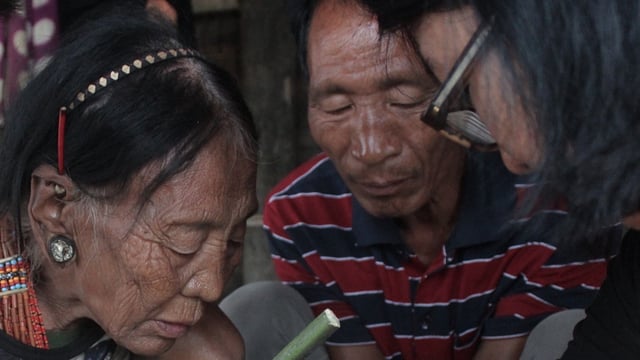Overview
- Nine Japanese Encephalitis cases have been confirmed in Nagaland this year as monsoon-driven mosquito populations surge
- The Department of Health and Family Welfare has ordered district health units to boost surveillance, intensify fogging operations and increase community outreach
- JE is transmitted by Culex mosquitoes breeding in stagnant water and amplified in pigs, with no human-to-human spread
- There is no specific antiviral treatment for JE, so health officials stress early symptom recognition and prompt medical care for fever, headache, vomiting or confusion
- Officials estimate 300 to 1,000 asymptomatic infections for each symptomatic case, underscoring the need for rapid detection and enhanced vaccination efforts under NVBDCP guidelines
